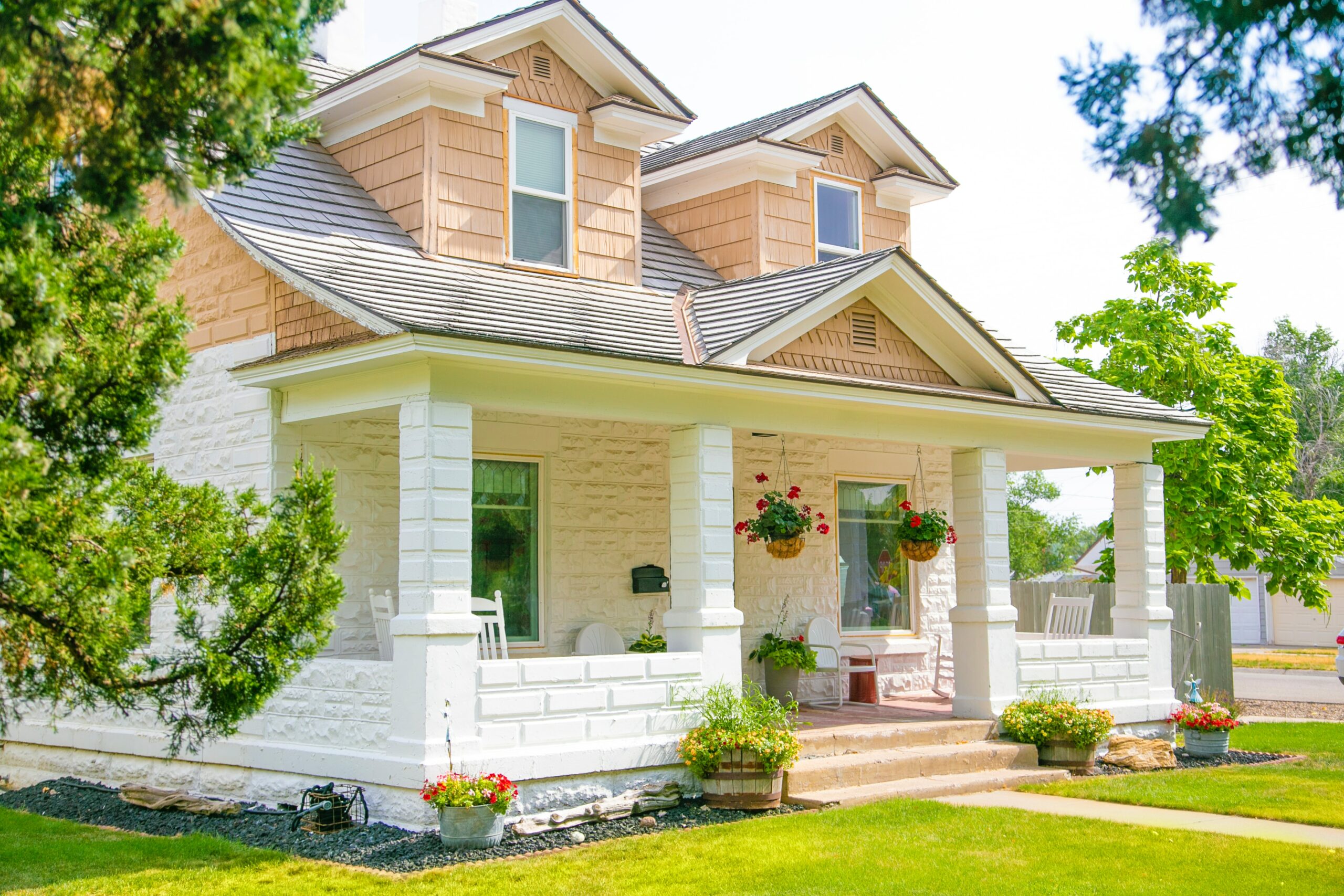PROPERTYSPARK ARTICLE
Complete Guide To Owning Your First Rental Property
Buying a rental property can be a fantastic investment in your future. If you choose prudently, you can have passive income for years to come as your investment makes solid capital gains. You can move into it down the track, sell it for a nest egg, or use the income to supplement your eventual retirement – the choice is yours!
However, when you’re starting out, it’s daunting to know what you’re looking for. Here are our top tips on buying your first rental property.
1. Calculate your cash flow
Cash flow simply refers to the money that flows into and out of the property. Rent payments are one way that cash flows in. Cash flows as rental payments to cover running costs such as mortgage payments, rates, and utility bills.
It’s not uncommon to lose a little money in the initial years of investing in property. This is because rent does not cover all the mortgage payments plus any additional costs. You will eventually break even, then turn a profit as your rent increases and your mortgage payments decrease. This can take some time. It is important to know your cash flow. You should be sure that there is no $100 gap between your rental income and your running costs before you commit to anything.
Effectively managing your rental property’s finances includes keeping accurate records of rental income and expenses. Utilizing a pay stub generator like pay stubs can streamline the process of creating professional pay stubs for your employees, if you have any, or providing proof of income for self-employed landlords. This tool can help ensure your financial documentation is precise and organized, which is crucial for tax purposes and financial planning.
Always speak to a broker before doing the sums.
2. Learn about depreciation
You can subtract the difference from your total taxable income if your investment property is more expensive to operate than it generates in income. This is called ‘negative gearing.
Rental property depreciation is a way to maximize your deductions. Every structural element, fixture, and equipment within your investment property will eventually need to be replaced. You can deduct wear and tear from your annual deduction through depreciation.
There are also many methods for claiming losses. Investors can no longer claim depreciation for second-hand equipment and plant but can do so for new items. This can make an off-plan purchase more tax-friendly than an existing property.
It’s a good idea to consult a depreciation specialist when doing your calculations. There are many things you can claim, especially if you buy off-plan. A depreciation schedule is necessary to maximize your claim. Talk to someone as soon as possible to get a depreciation schedule. It can make a big difference to your bottom line.
3. Find the Right Property for You
Prior to purchasing an investment property, be clear about your goals. Certain types of realty are more favorable for positive cash flow. This is ideal if your goal is to increase your income. While they might be more expensive to maintain, these properties will have a higher value and also provide a greater return on your investment.
No matter what strategy you choose, certain properties are better investments than others. To ensure you choose a property that attracts reliable tenants, consider factors such as rental demand, property value over time, and location.
4. Find a Reliable Property Manager
A property manager can help you find, vet, and place tenants in your investment property. Did you know they are available even before you buy a property? They are experts in the area and can tell you which types of tenants are searching for properties, the best locations, and what rental demand is.

5. Get the Right Tools
Anyone can get a state-specific and lawyer-written lease agreement online from EZlandlordforms.com along with other customizable and printable landlord documents. There is a world of free and almost free accurate and relevant information there for first-time rental property owners.
6. Placement is Key
It’s important to consider the potential uses of the property you are looking to purchase. Are you able to attract families if you are located in certain school zones? Is it possible to commute to the CBD from a one-bedroom apartment that appeals to young professionals?
7. Be a Tenant
Ask yourself what you would want as a tenant before you purchase.
Many people rent out their apartments as a couple, and they have two cars. However, the apartment may only have one or no parking. This is something to be aware of.”
8. Think Low-maintenance
Property that direly needs constant maintenance can be a drain on your finances, your time, and your peace of mind.
9. Look Before you Leap
Before you sign on the dotted lines, here are some things to do:
- Get a building inspection.
- Check for any other developments in the vicinity.
- Speak with your local real estate agent and use their friendly search engine to find out what they know
10. Get Pre-Approved
Pre-approval for a loan puts you in a much stronger position. You need to ensure that you are not promising money that you cannot pay, especially if you’re buying at an auction.
With stocks trading at historic high valuations and bonds yielding almost nothing, we believe 2022 is the year to rent. They provide better returns, are more predictable, and are safer.
Learn how to Become a Top Agent with the Guaranteed 5 Min/Week System
No social media experience needed
Free webinar seat (limited quantities)
Learn the guaranteed 5 min/week system
Become a social media superstar
Constantly get new leads
Beat the competition
Get a special webinar deal
This Agent Tripled His Commissions Just With Social Media
Learn how this real estate agent tripled his commissions just with social media and how you too can become a social media superstar.
Why You Can’t Just “Boost” Your Real Estate Listing
That big blue button has tempted you before right? You want to Facebook Boost your Real Estate listing. Find out why you shouldn’t!
How Much Should Realtors Spend On Social Media
A question we get often from Realtors is “how much should I spend on social media?” Find out exactly how much to spend and how to spend it without getting ripped off!



